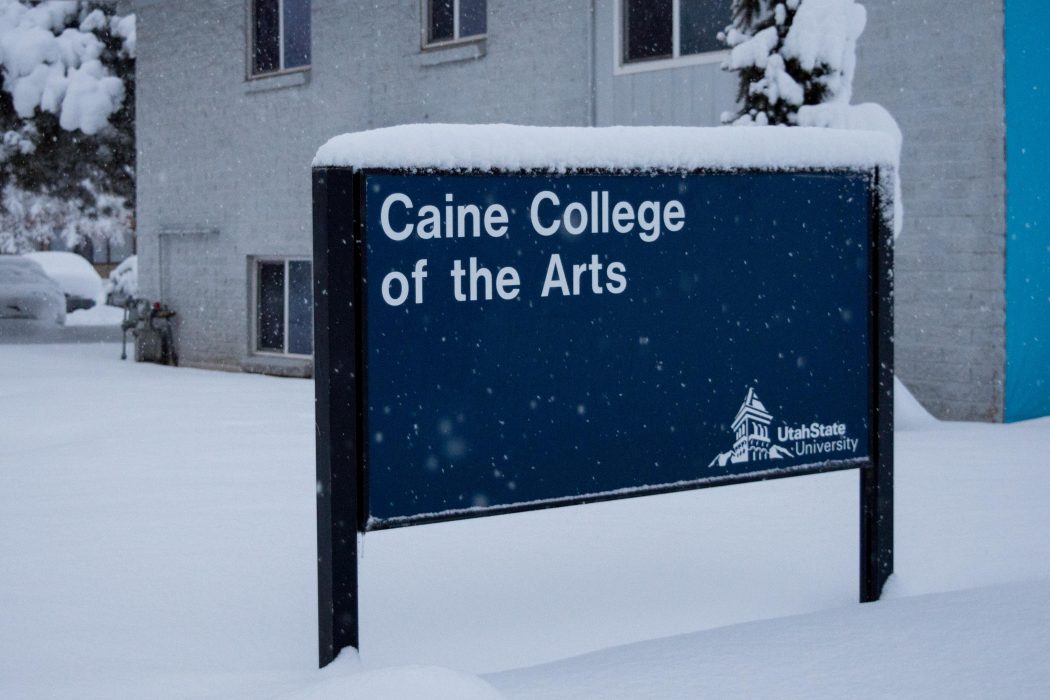Caine College holds meeting to address student concerns
In response to student concerns within the college, the Caine College of the Arts held an open panel for students on Tuesday to ask questions about their rights and resources as students.
The meeting was planned by the Arts Student Council. Sitting on the panel were Student Advocate Vice President Samuel Jackson, Vice President of Student Affairs James Morales and Affirmative Action/Equal Opportunity Prevention Specialist Emmalee Fishburn.
The Title IX office, Sexual Assault and Anti Violence office, and Health and Wellness office were also present for information after the panel discussion.
One student in the audience said she felt some things in class made her uncomfortable, but was unsure if they “crossed the line” and didn’t know how to address them. Another student spoke about a graduate instructor telling the class about her registration at the Disability Resource Center and asking her to talk about her disability in front of the class.
“Go talk to somebody, because the number one reason we’re here in college is to learn,” said Jackson. “And we can’t learn if we don’t feel safe and comfortable in the classroom.”
Morales stressed that all three offices – student advocate, student affairs and AAEO – are open to students with concerns. He added that departments train their graduate instructors differently and that the university is working on a more consistent training.
Katie Miner, the president of the CCA Arts Council, brought up that small departments within the college make it difficult for students that wish to remain anonymous when seeking help. Additionally, some of the students’ concerns, Miner said, have stemmed from “unique” relationships between professors and students. All three on the panel responded that communication is necessary not only to establish boundaries, but to address problems that arise when those boundaries are crossed.
“One thing to keep in mind is that faculty and staff are here to serve students,” Fishburn said. “Retaliation is not acceptable. If information about a complaint is shared outside of the people involved, that is something we take very seriously.”
Morales agreed that “solid communication” is necessary to establish civility and respect, adding that a power differential between students and faculty also puts more responsibility on faculty and staff.
“If you think boundaries are crossed, you need to let somebody know that it’s happening,” Fishburn said. “People aren’t mind-readers and we should have conversations about what is appropriate and what isn’t.”
Regarding sexual harassment concerns, Fishburn said part of the new Title IX coordinator’s job will potentially change based on proposed changes to the Title IX process by U.S. Secretary of Education Betsy DeVos.
DeVos’ proposed regulations would narrow the definition of sexual harassment and requirements for reporting. They would also eliminate off-campus incidents from Title IX jurisdiction and give schools the option to raise evidentiary standards.
“The purpose of this event was to help bridge the gap between having something happen and having a course of action to deal with it,” Miner said. “We want to help students figure out what resources are available to them and help them understand that if they’re yelled at in a class, that’s not okay.”
– naomiyokoward@aggiemail.usu.edu
@naomiyokoward

